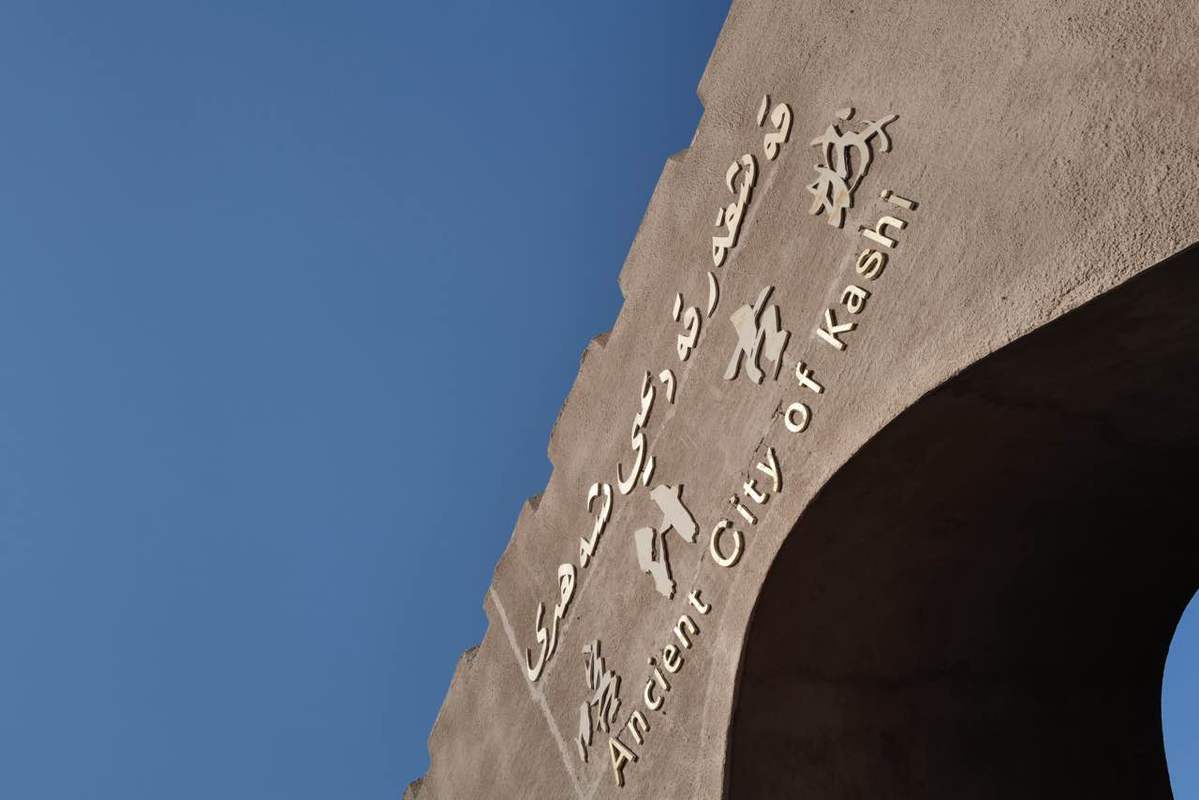
[Photo by Owen Fishwick/chinadaily.com.cn]
Kashgar, a 2,000-year-old trading hub where business once sizzled like skewered lamb on scorching coals. A cross-cultural metropolis where East meets West, and through which merchants and travellers flowed like milk laced with honey. A city where I find myself confronted with a dilemma. How am I to understand this place of great history and culture in the modern context?
Kashgar is located in the southwest of the Xinjiang Uygur autonomous region. The same region that has been beset by various claims by Western interests in recent times. This is the context I am faced with as I enter the Ancient City of Kashgar.
Passing through the great earthen gate of the 4.25-square-kilometer ancient city, and into the twisting bazaar below, I’m confronted with the sights and sounds often associated with Central Asia and the Middle East.
The many small shops and stalls are bejewelled with colorfully embroidered hats, silks, earthenware jugs and finely detailed metalwork. It is with little wonder that this post of mud brick and poplar wood buildings was a crucial stop on the ancient Silk Road, as goods passed back and forth from China and into Central Asia, across the Pamir Mountains and into Tajikistan, Kyrgyzstan, Afghanistan, Pakistan and beyond.
The faces behind these stalls, the couriers plying these streets, and all manner of passersby resemble a mosaic of trading past, present and future. Among the Uygur, the ethnic majority in the city, are Han Chinese, Hui, Kazakhs, Tajiks and Kyrgyz. Their respective cultures reflected in their traditions, clothes, dance, food and music. The array of cultural diversity on show is more overwhelming than just about anywhere I have ever visited.
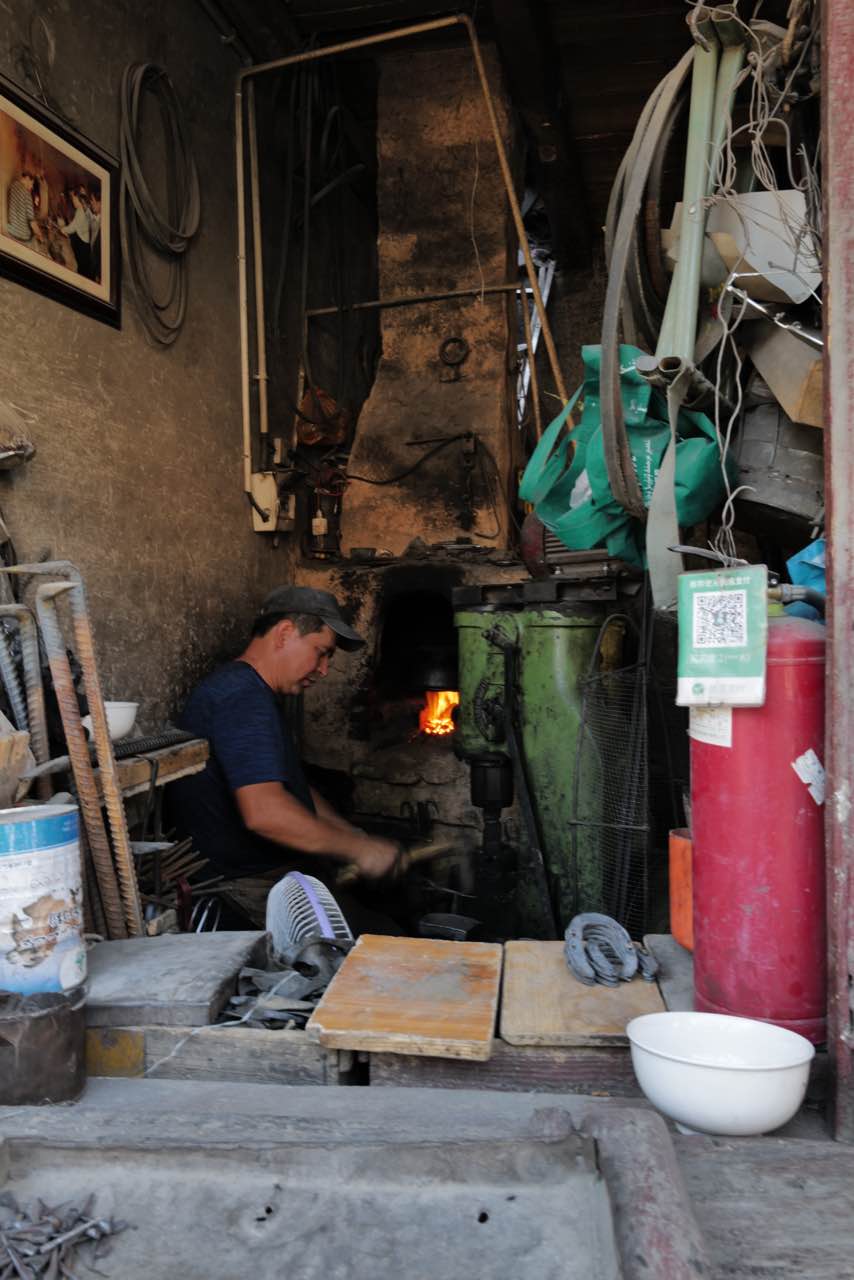
[Photo by Owen Fishwick/chinadaily.com.cn]
Later that day, while attending the second Kashi Cup, a soccer tournament held on the outskirts of Kashgar, with teams hailing from all five countries of Central Asia, as well as those from Xinjiang and elsewhere in China, I was approached out of the blue by a young man.
Irfan, who’s sparkling cobalt eyes immediately struck me as I began to place where he was from, spoke to me in fluent English without a hint of an accent.
He told me he’d learned English while watching British and American TV shows, and was participating in the tournament as a referee. He was extremely friendly, charming, knowledgeable and keenly interested in me and my culture.
Taken aback by his appearance and linguistic ability, I foolishly asked him where he was from. He looked a little puzzled before replying, Xinjiang, of course. He said to me he was a member of the Kazakh ethnic group and went on to tell me about his hometown in the region’s northern Ili Kazakh autonomous prefecture.
Of course, I apologized profusely for my faux pas not realizing he was from China, but he put my feelings at ease. He said in his fluent English, that’s okay, we have all sorts around here, and then reeled off a vast list of ethnic groups too fast for me catch.
I asked if he was refereeing the match earlier between a team from Tajikistan and a team from Xinjiang. Yes, he said with an awkward grin. “We didn’t do too well, the Tajik team won 9-0!”
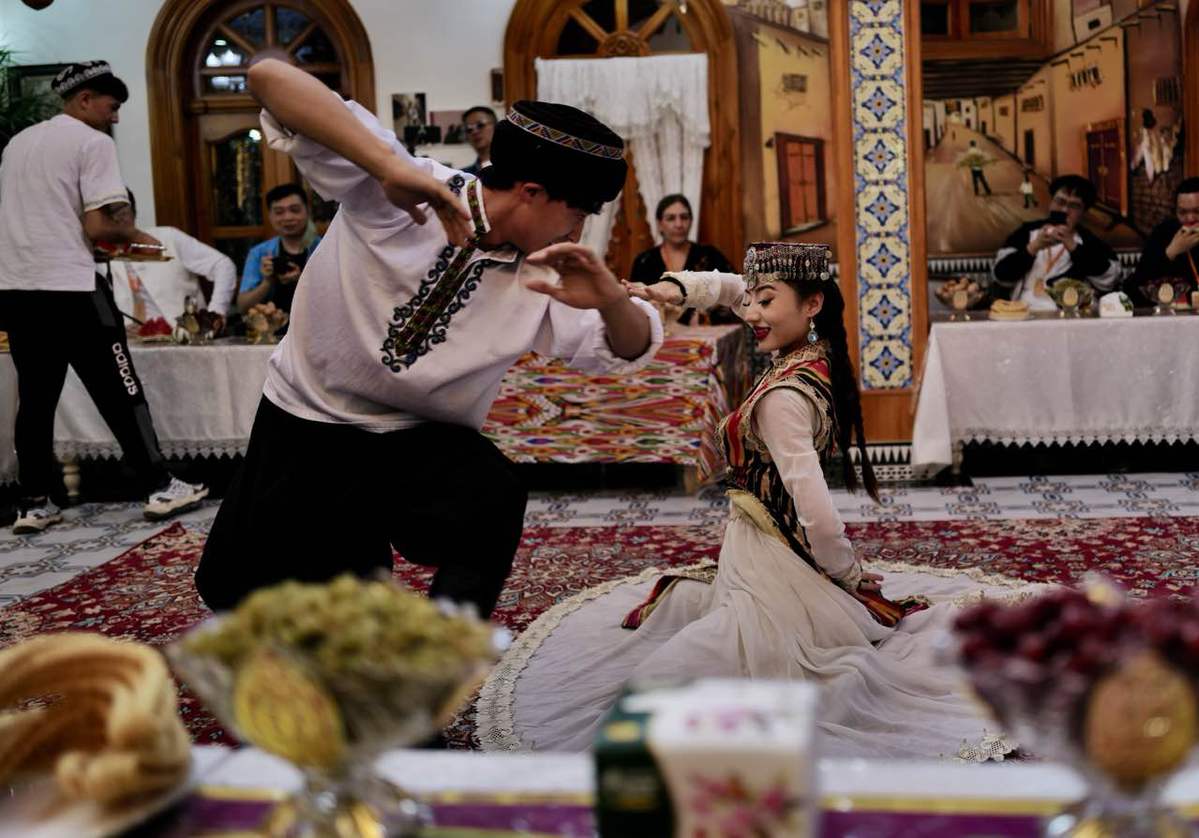
[Photo by Owen Fishwick/chinadaily.com.cn]
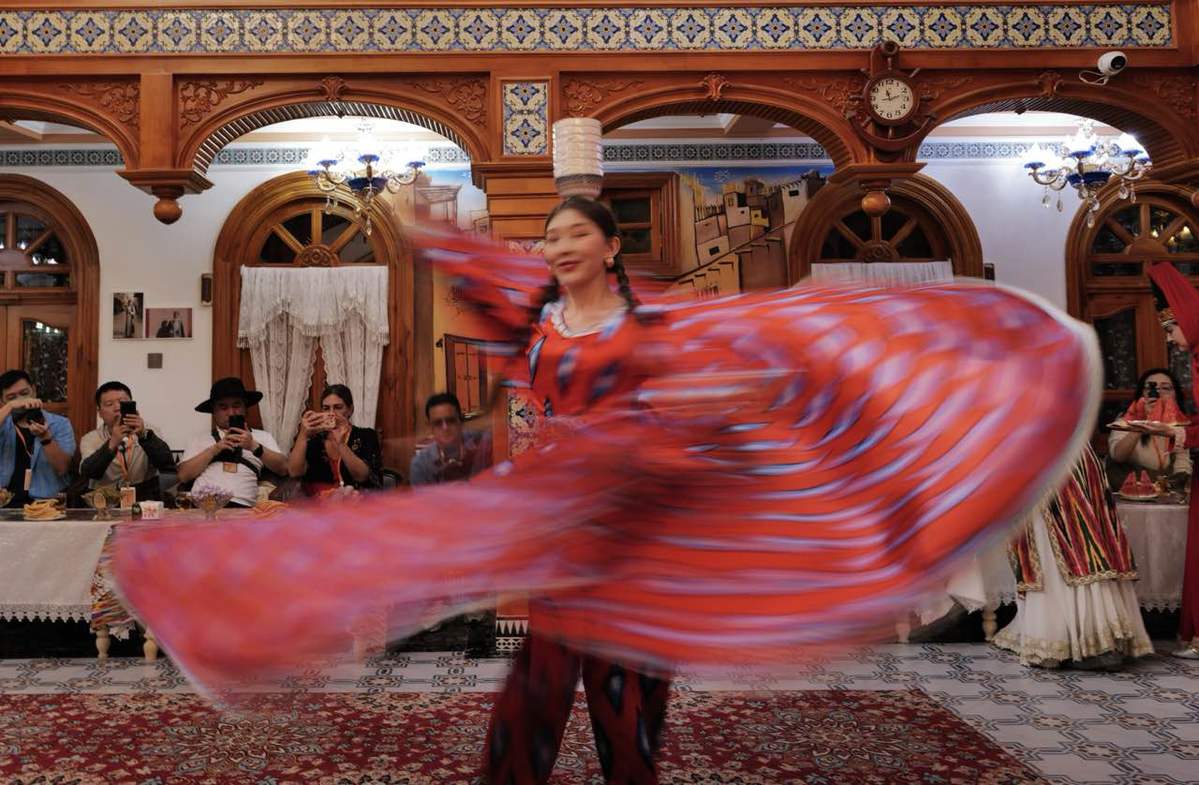
[Photo by Owen Fishwick/chinadaily.com.cn]
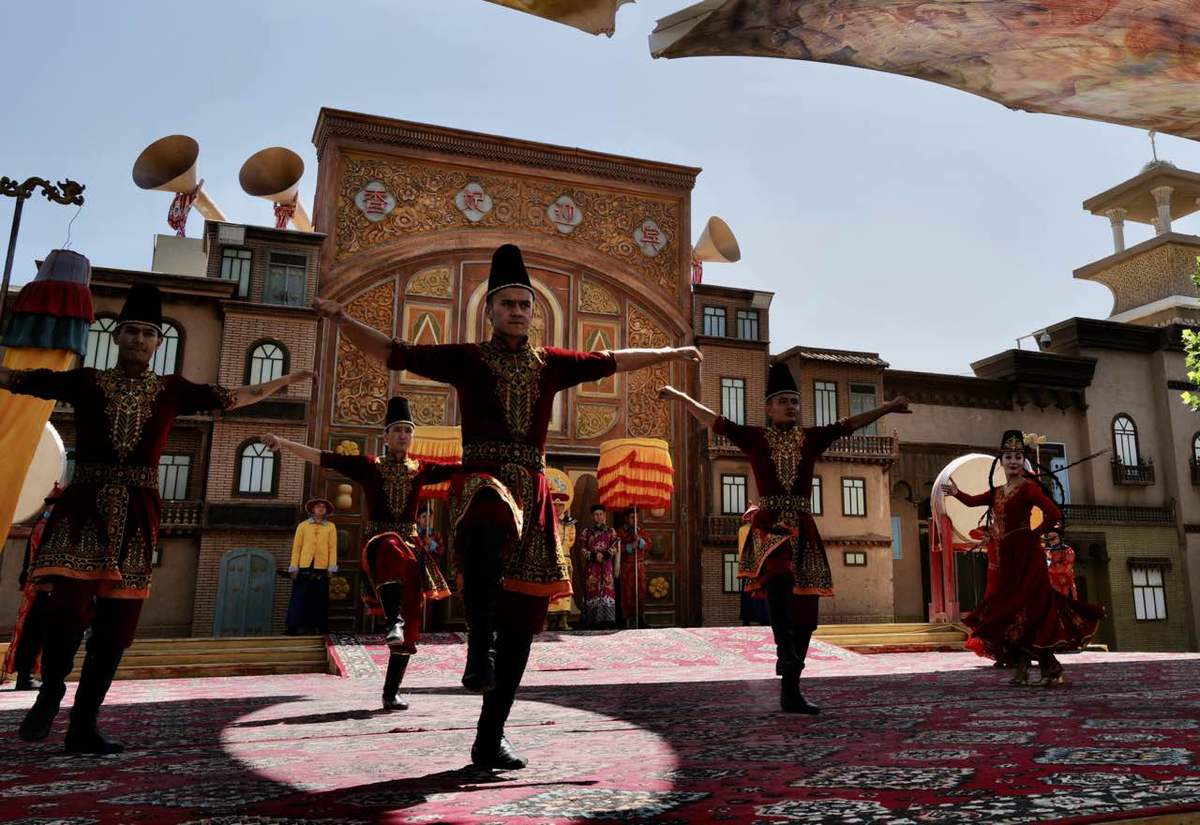
[Photo by Owen Fishwick/chinadaily.com.cn]
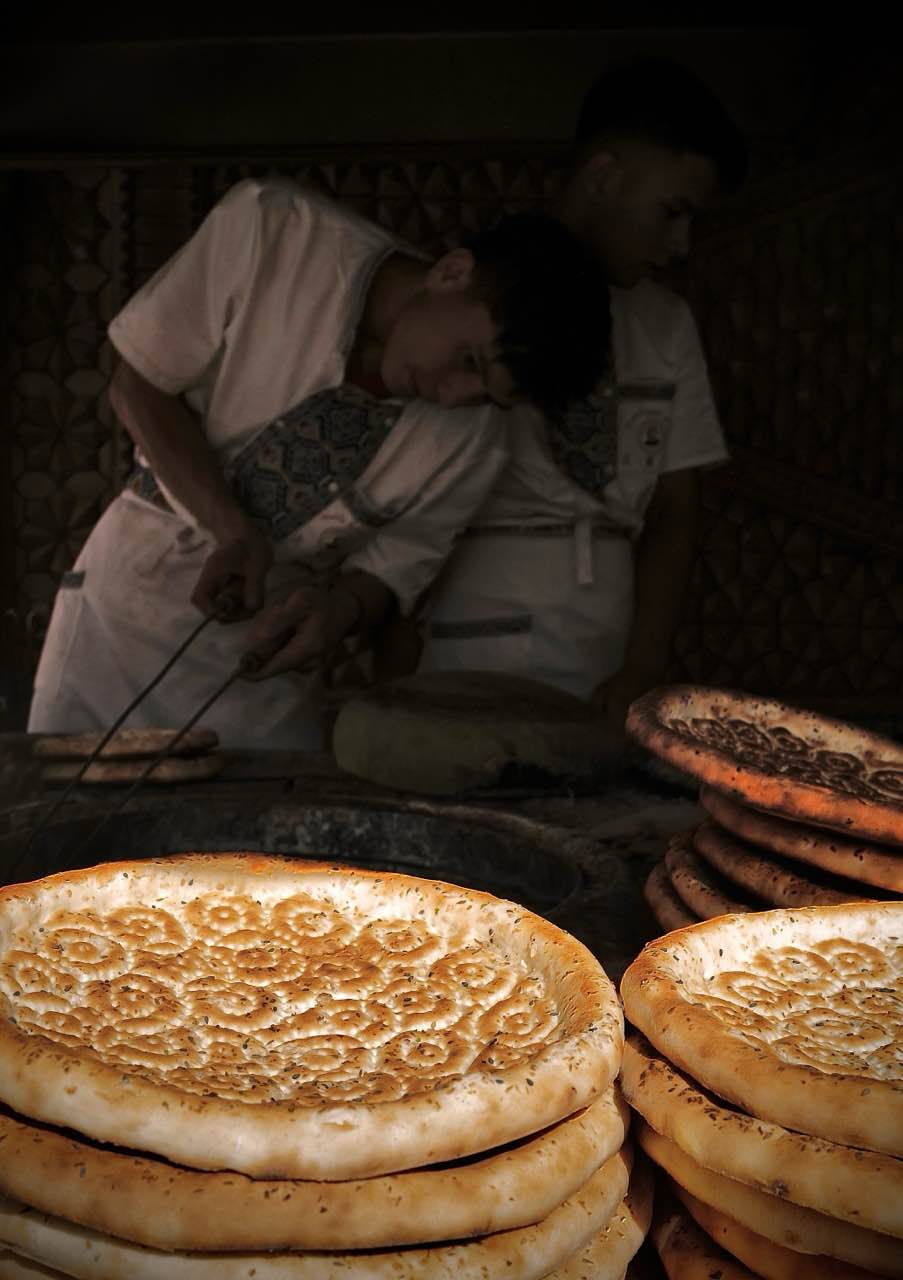
[Photo by Owen Fishwick/chinadaily.com.cn]
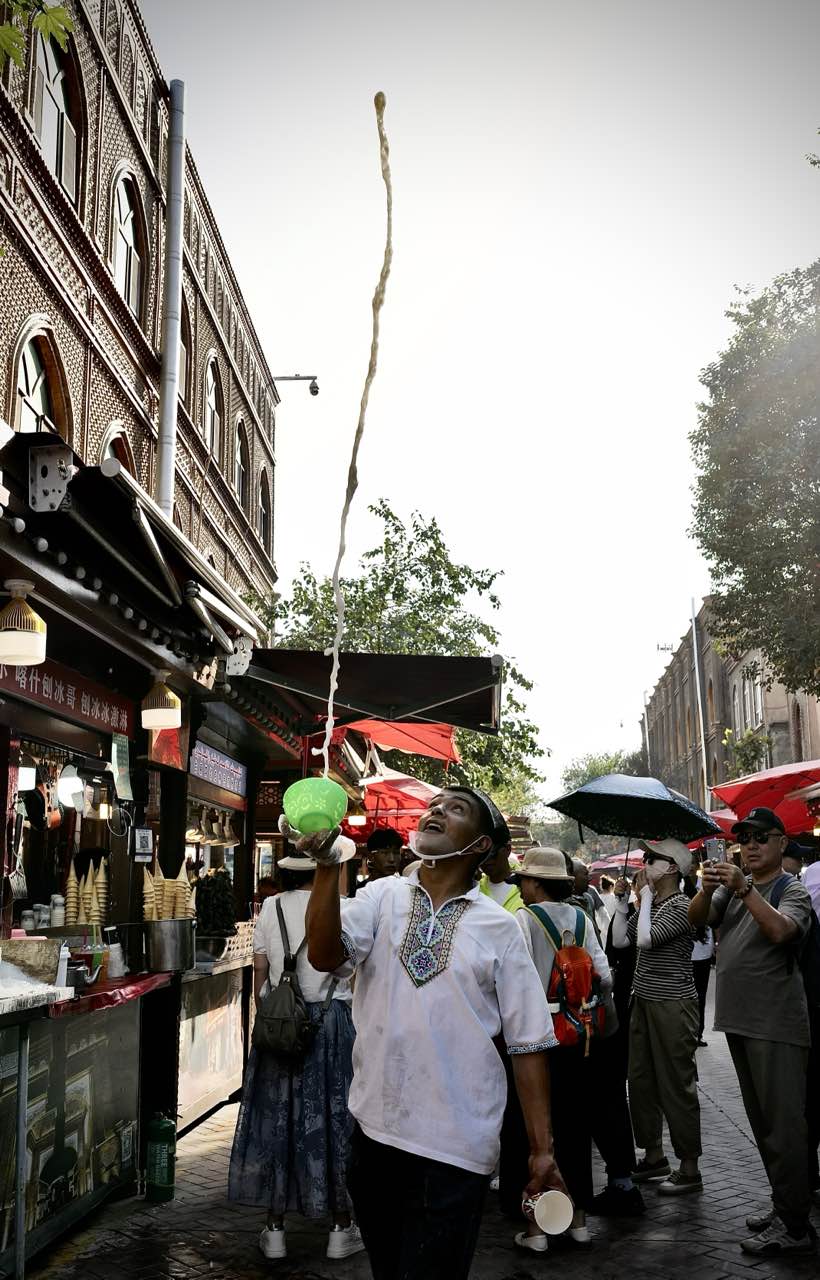
[Photo by Owen Fishwick/chinadaily.com.cn]
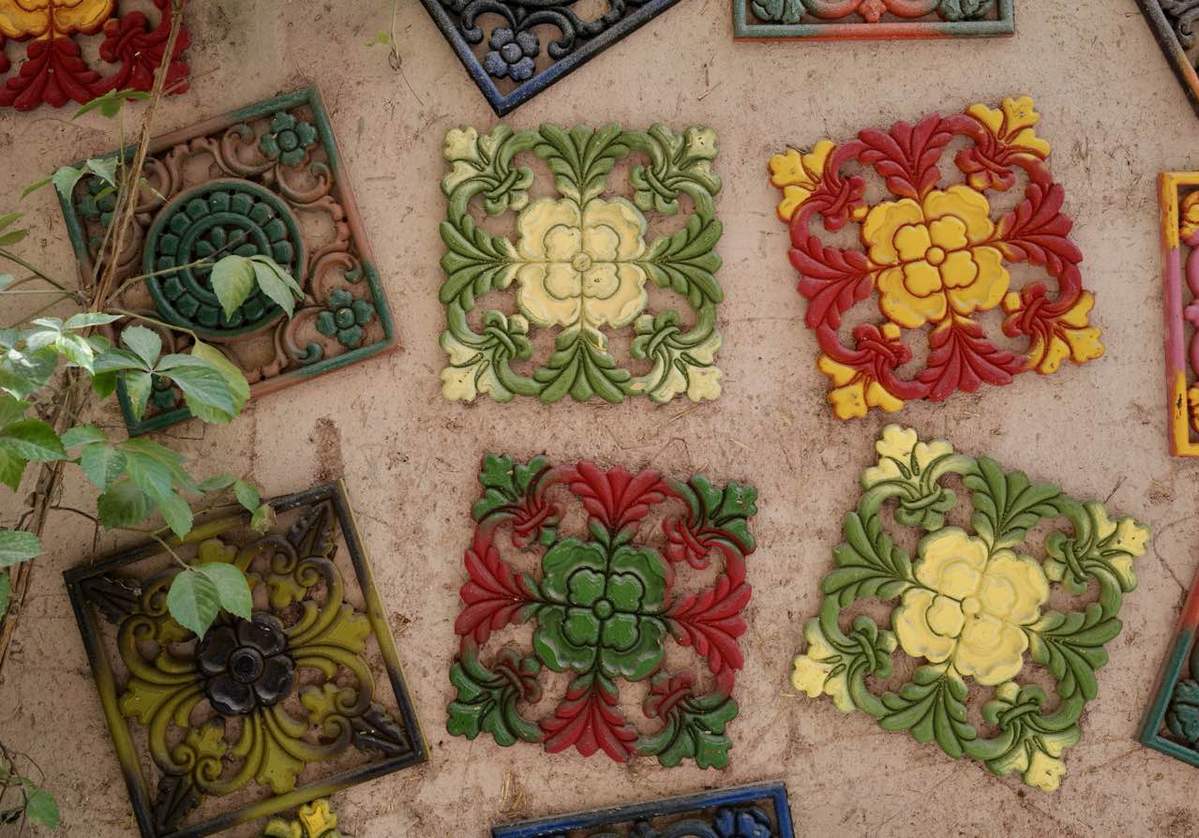
[Photo by Owen Fishwick/chinadaily.com.cn]
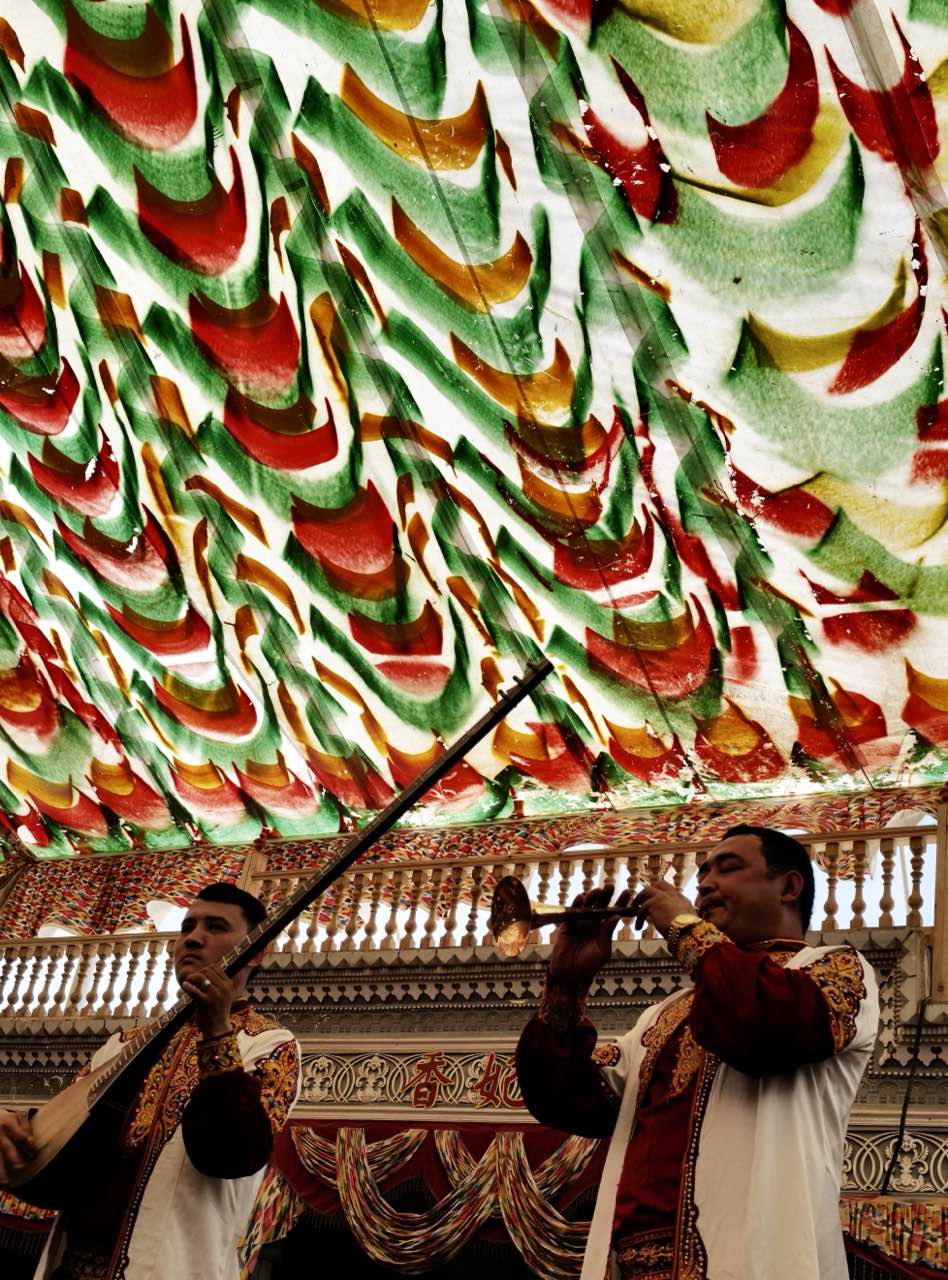
[Photo by Owen Fishwick/chinadaily.com.cn]
 Editor:Qiu Xiaochen
Editor:Qiu Xiaochen